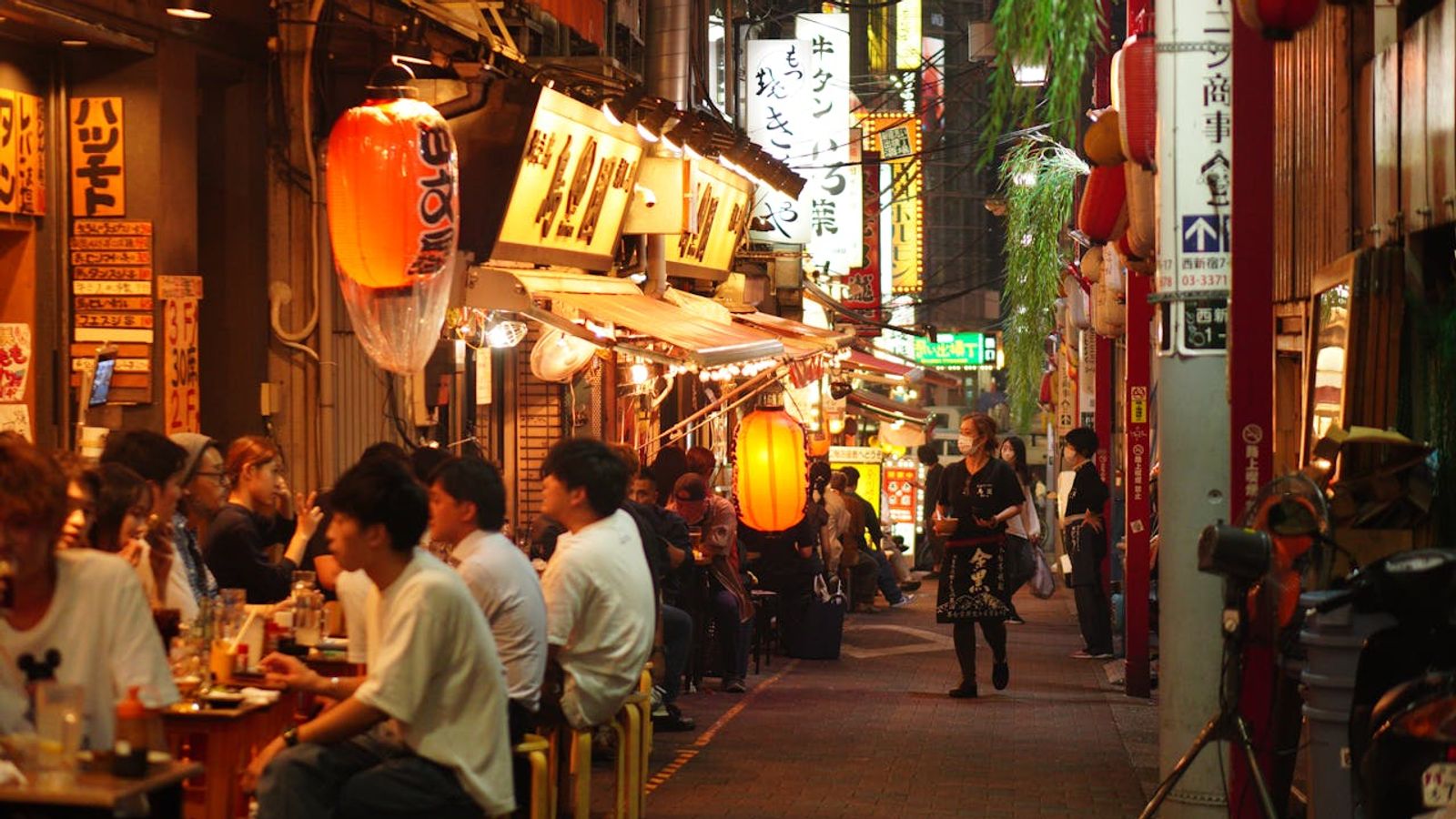

Table of contents:
Maybe you're making the leap to move to Japan or simply planning an unforgettable Japanese holiday. Here are some crucial points for you to know to better understand about Japan's cost of living.
1. How Much Does it Cost to Live in Japan?
1.1. Cost of Living in Japan vs US
Many of you are probably asking, is Japan cheaper than the US? The answer is 'yes'. In fact, Japan is cheaper than a lot of countries, including the UK, Australia, and even New Zealand. Compared to the USA...
- Japan cost 34% less on average.
- Rent in Japan is 67.4% lower.
However, since 2022, Japan's cost of living has started to rise. Meantime, the economy is getting smaller and the value of the yen is dropping This is ending 30 years of little to no change in prices.
If you would like to find out more about this, check out our detailed article on the cost of living in Japan vs the USA.
1.2. Average Cost of Daily Japanese Goods & Services
| Goods & Services | Price in Japanese yen (¥) |
| Restaurant meal (low-end) | ¥1,000 |
| Restaurant meal (mid-end) | ¥6,000 |
| Milk (1 liter) | ¥300 |
| White Bread (6-slices) | ¥250 |
| Rice (5kg) (depends on rice region) | ¥1,500 - ¥3,000 |
| Eggs (10) | ¥330 |
| Chicken (1 lb) | ¥430 |
| Beef (1 lb) | ¥1,140 |
| Apples (1 lb) | ¥330 |
| Oranges (1 lb) | ¥300 |
| Tomato (1 lb) | ¥300 |
| Lettuce (1 head) | ¥250 |
| One-way Ticket (Local Transport) | ¥230 |
| Monthly Pass (Regular Price) | ¥8,000 |
| Taxi after 1 mile (Normal Tariff) | ¥685 |
| Gasoline (1 gallon) | ¥660 |
| Basic (Electricity, Water, Gas) | ¥25,450 |
| Basic Mobile Phone + Internet | ¥9,000 |
| Fitness Club (average monthly fee) | ¥8,565 |
1.3. The Average Salary in Japan
Is Japan a cheap place to live? Well, that depends on how much money you are earning. According to the OECD, the average salary in Japan is ¥4,452,975JPY ($30,356 USD), which may seem impossible to live on for many. And in fact, Japan's average salary is below the OECD average. However, it is possible to raise a small family with this wage... If you live a frugal lifestyle.
1.4. What is the Minimum Wage in Japan?
The national Japanese minimum wage is set to increase to ¥1,054JPY ($7.18 USD) in late 2024. Despite recent changes, Japan's wages are 30% lower than other OECD countries. Therefore, it could really impact your cost of living in Japan if you start off working for minimum wage.

2. The Average Cost of Living in Japan in 2024
2.1. A Single Person
The cost of living in Japan for a single person is ¥157,175 ($1.097 USD). This estimate is based on a very frugal lifestyle, such as an international student in Japan. Also, this estimate will change depending on you location and personal spending habits.
2.1.1. Cost of Utilities for a Single Person
| Utilities in Japan | Average Cost for a Single Person (2022) |
| Water | ¥2,116 (around $14.60 USD) |
| Electricty | ¥6,808 (around $47 USD) |
| Gas | ¥3,331 (around $23 USD) |
Utility data sourced from the official statistics released by the Japanese Ministry of Internal Affairs and Communications.
2.2. A Family of Four
Remarkably, this average Japanese salary can support a family of four. Monthly expenditure for a family of four is ¥404,034JPY ($2,818 USD).
Personally, I feel that this number is low. As any parent can tell you, the cost of raising children can vary depending on what happens that month. Most families I know living in Japan seek extra income through extra part-time work.
2.2.1. Cost of Utilities for a Family of Four
| Utilities in Japan | Average Cost for a Family of Four (2022) |
| Water | ¥6,196 (around $42.80 USD) |
| Electricity | ¥13,948 (around $96.50 USD) |
| Gas | ¥5,427 (around $37.50 USD) |
Utility data sourced from the official statistics released by the Japanese Ministry of Internal Affairs and Communications.

Popular Articles


Tokyo Favorites: 20 Must-Do Experiences for Travelers
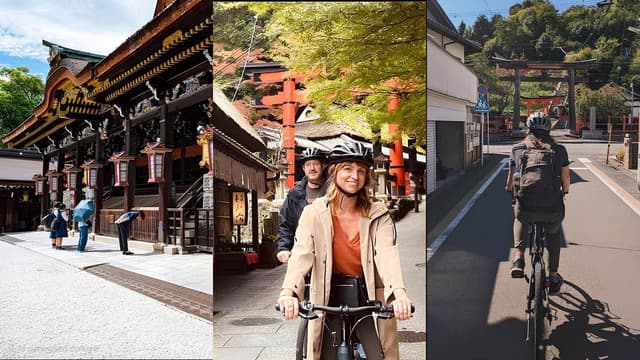
Kyoto Bike Tours: Discover the City’s Hidden Gems with Noru
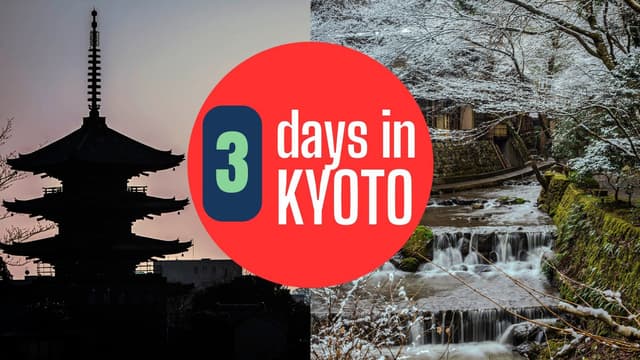
Kyoto 3-Day Itinerary: Best Things to Do for First-Time Visitors

Universal Studios Japan Tickets: Your Guide to Visiting USJ
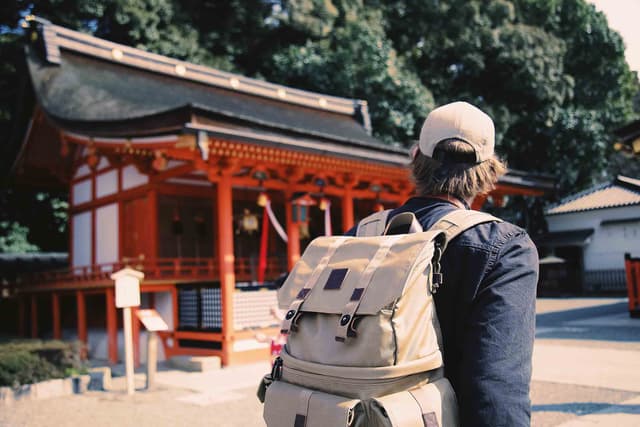
Find Out What Japan Really Thinks of Foreign Tourists

Manga Explained: Top Recommendations for Beginners
3. The Rising Cost of Living in Japan
- Rising CPI: From 2014, Japan's consumer price index (CPI) started rising. However, by 2021,Japan's CPI jumped suddenly. Between 2022 and 2023, it went up by 3.2%.
- Increased Japanese inflation: A rising CPI means that inflation, prices, and salaries are also going up. Japan’s rising CPI shows that the cost of everyday things and services is increasing.
- Rising cost of living: Life in Japan has seen rising costs in everyday items. Such as petrol, clothing, food, and public transport.
4. The Average Cost of Groceries in Japan
If you like cooking at home, monthly grocery expenses can average around ¥38,000 per person.
4.1. Japanese Groceries: Buying Seasonal Fruit & Vegetables
Japanese prices for fruit and vegetables typically higher than those in Europe or the US. Opting for local Japanese products and seasonal foods can reduce these costs. For those who live in Japan, managing these costs is key to maintaining a tight budget.

4.2. Save Money by Shopping Local
- Buy local produce: The price of groceries in Japan can depend on where your supermarket sources their stock. Some supermarkets stock produce from local farmers. This can offer up to half price of other vegetable stock.
- Local shopping street: If you live near a 商店街 (shoutengai), a local shopping street, you are in luck! You will find local produce which can positively impact your wallet. These markets can offer much lower prices than the larger supermarkets. It really depends on what kind of markets are in your area.

5. The Cost of Eating Out in Japan
Eating out can impact your cost of living in Japan. Many Japanese people eat-out regularly. This means that inexpensive dining options are available that won't break the bank.
- Cheap local meals: Local eateries can range from ¥500 to ¥1,500JPY ($3.40 - $10 USD). This provides a budget-friendly way to enjoy authentic Japanese cuisine.
- Ramen is cheap in Japan: A ramen set (accompanied with fried rice or gyoza) can set you back a mere ¥1,000 ($6.80 USD).
- Convenience stores: Known as ''conbini", they offer options like onigiri (rice balls) and Udon (thick noodles). A complete conbini meal can cost between ¥400-¥700 ($2.70 - $4.80 USD).

6. How Does Rent Impact the Cost of Living in Japan?
- Monthly rent: The average monthly rent in Japan is ¥61,367 ($418 USD). This makes 11.88% of the average annual salary of ¥6,200,000 ($42,266 USD).
- Rent by location: Rent prices vary by location, Tokyo being the most expensive. However, companies that specialize in Tokyo real estate, such as E-Housing, can help with that.
- Moving in costs: Initial costs like key money and security deposits can be very high. Sometimes five or six times the monthly rent.
For a detailed breakdown of renting in Japan, check out our article, Mastering Japanese Real Estate: A Guide to Renting in Japan.

7. House Prices & Rent in Osaka and Kyoto
- Kyoto home prices: A moderately sized apartment in central Kyoto is about ¥62.2 million.
- Osaka home prices: Osaka homes are priced around ¥42.6 million.
- One-room apartment: In Osaka and Kyoto, the rent for a one-room apartment can cost between 50,000 yen (about $320) and 80,000 yen (about $514) a month.
- Larger apartments: If you need an apartment for two or more people, the rent could be anywhere from 80,000 yen to 130,000 yen a month.

8. Cost of Living in Tokyo
Tokyo's rent is higher than other cities, starting at ¥100,000 per month for a one-room apartment. However, higher salaries in Tokyo offset these costs.
Housing represents a significant portion of living expenses in major Japanese cities. However, this is usually offset by the jobs in those cities, which come with higher salaries.
9. Moving to Japan: Income vs Expenses (youTube video)
I will leave you with a video from youTuber "Chani in Japan". Chani is an Australian who moved to Japan. Chani records her life after buying an akiya (a Japanese abandoned house). I hope this is helpful!
FAQs
How much does it cost to live in Japan?
The cost of living in Japan depends on where you live. Big cities like Tokyo are more expensive, while smaller cities and rural areas are cheaper. On average, you might spend ¥150,000–¥250,000 per month for housing, food, transportation, and other expenses.
Is Japan more expensive than the US?
Japan can be cheaper than the US for some things, like healthcare and public transportation. However, rent in Tokyo is often more expensive than in smaller US cities. Overall, it depends on your lifestyle and where you live in each country.
How much does rent cost in Japan?
Rent in Japan varies by location. In Tokyo, you can pay ¥50,000–¥150,000 for a small apartment. In smaller cities or rural areas, rent is usually cheaper, around ¥30,000–¥70,000.
What is the average cost of food in Japan?
Groceries and eating out in Japan are affordable. You can cook at home for about ¥30,000–¥50,000 per month. Eating out at local restaurants can cost as little as ¥500–¥1,000 per meal.
Is public transportation expensive in Japan?
Public transportation in Japan is efficient and reasonably priced. Monthly train or bus passes cost around ¥10,000–¥20,000, depending on how far you travel.
Loading Comments...

James Saunders-Wyndham
I've been immersed in Japanese culture and daily life for over 30 years and am proud to call Japan my home. Originally from Australia, my journey has taken me from teaching at Japanese universities to traveling extensively across the country, uncovering its hidden gems. As a web developer, I built Romancing Japan from the ground up to share these experiences with you. Whether it's the charm of old Kyoto, the pulse of Tokyo, or the tranquility of the countryside, I love helping others discover the magic of Japan—one story at a time.
Popular Articles

Tokyo Favorites: 20 Must-Do Experiences for Travelers
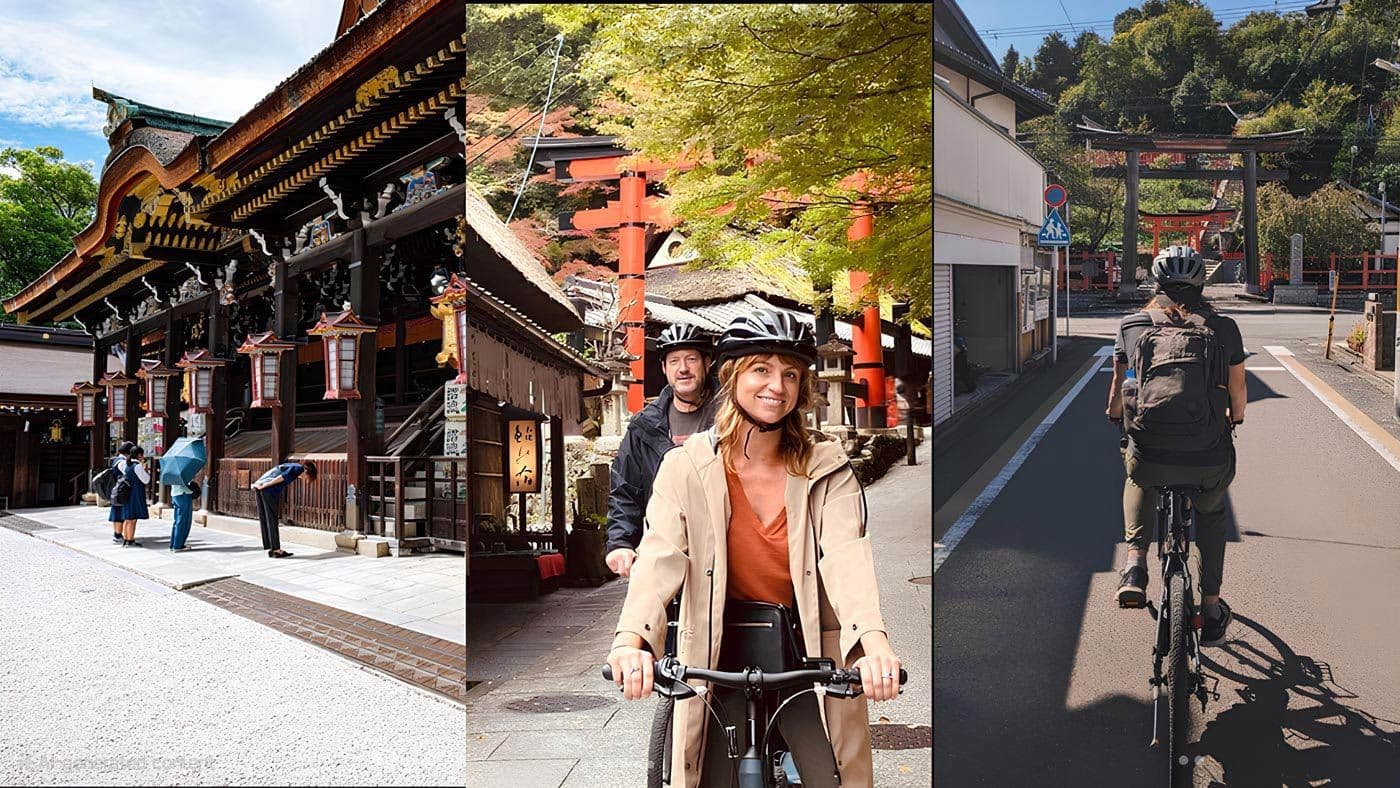
Kyoto Bike Tours: Discover the City’s Hidden Gems with Noru
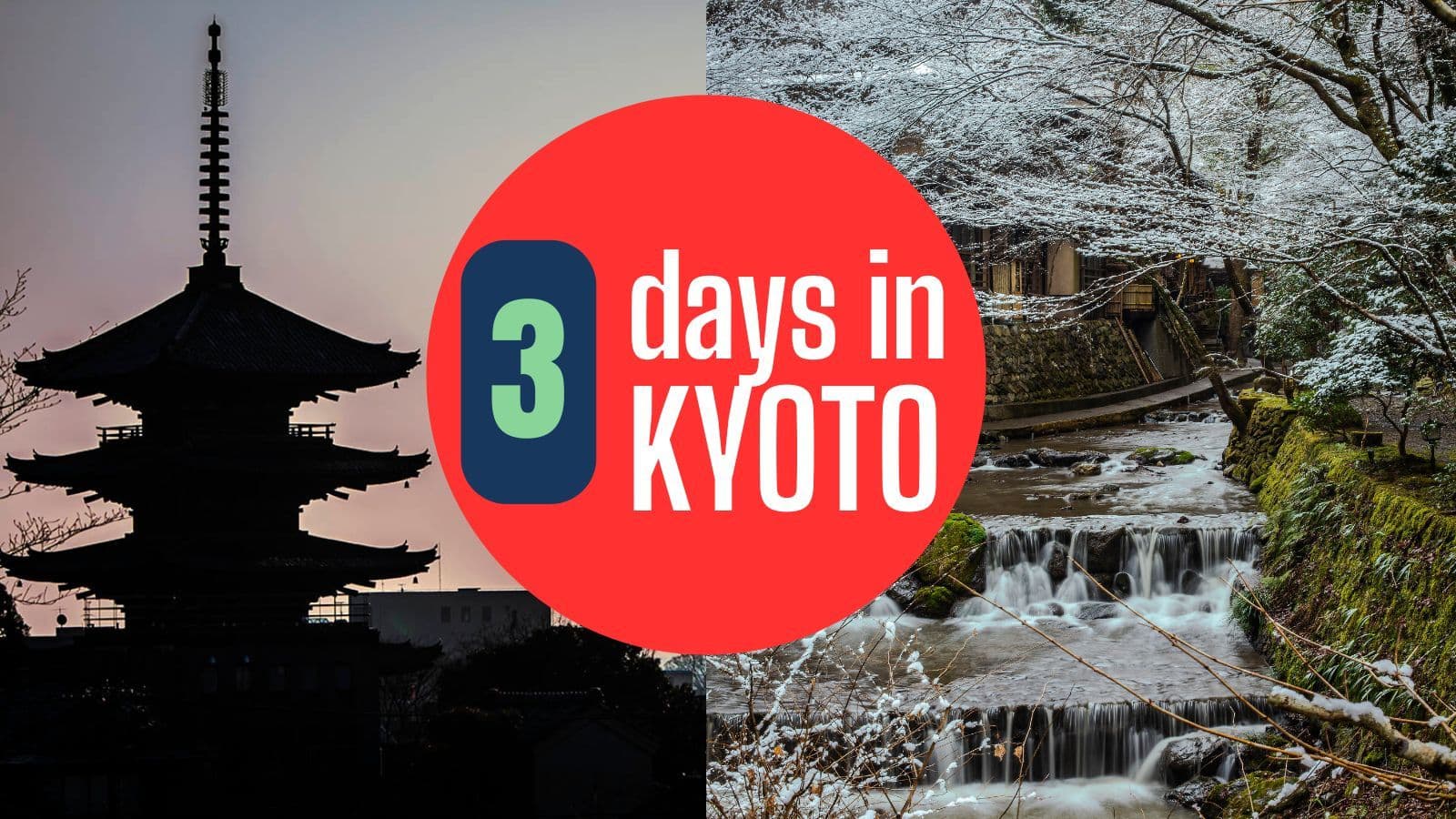
Kyoto 3-Day Itinerary: Best Things to Do for First-Time Visitors

Universal Studios Japan Tickets: Your Guide to Visiting USJ
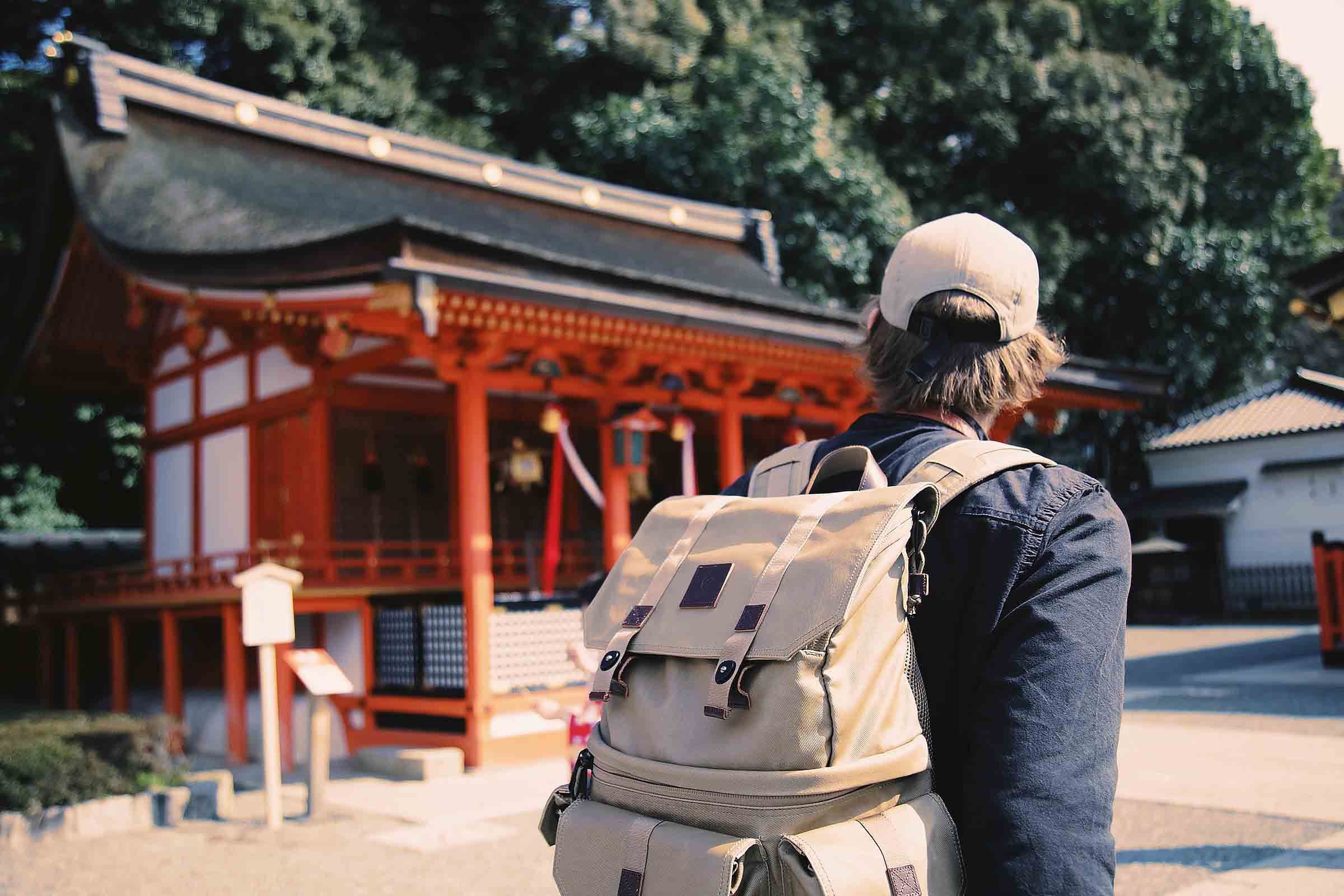
Find Out What Japan Really Thinks of Foreign Tourists
